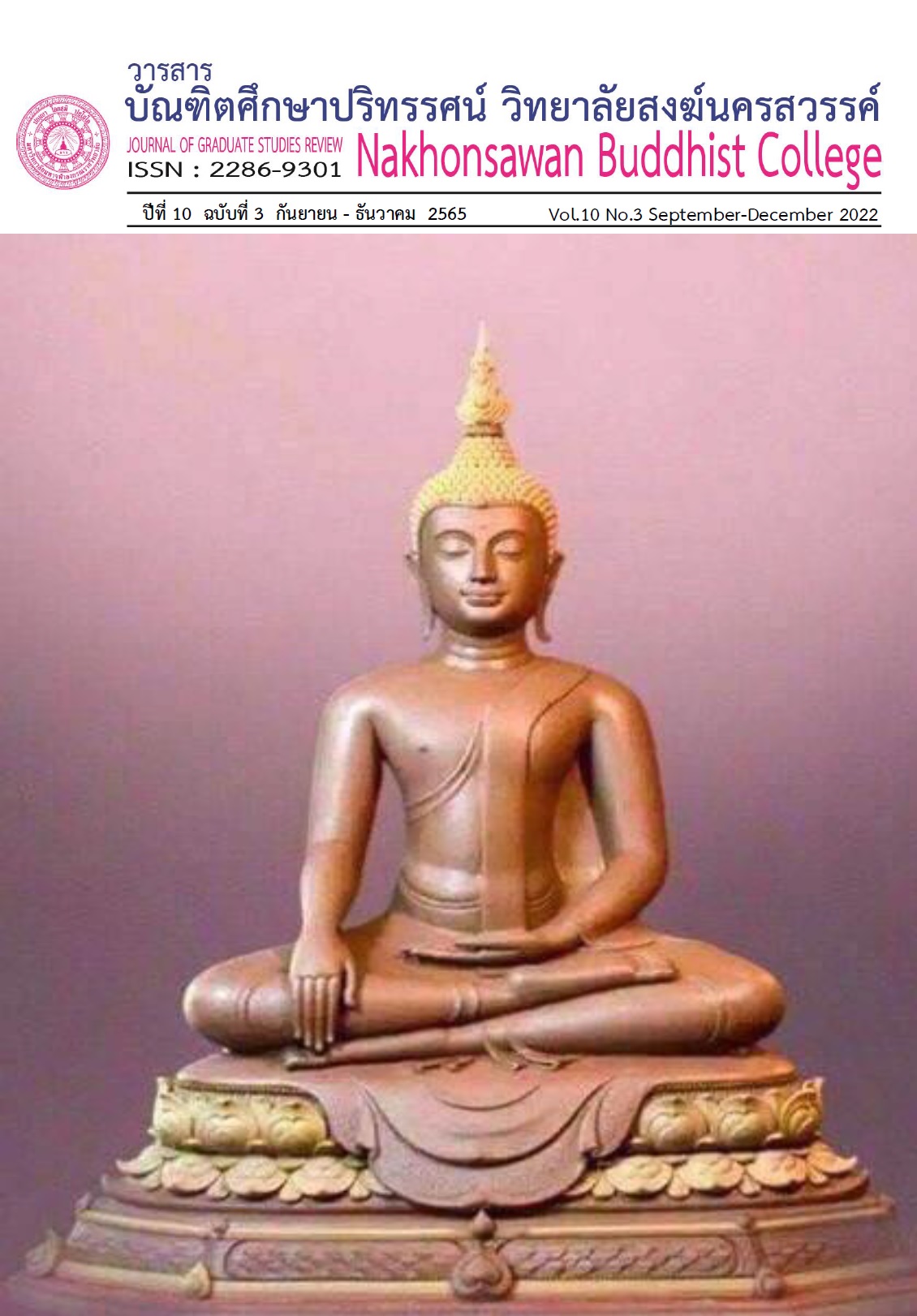Legal Issues Regarding Acquisition of Land in Buddhist Temples under Section 84 of the Land Code, B.E. 2552
Main Article Content
Abstract
This Research Article the following objectives : (1) to study the acquisition and management of land in Buddhism in accordance with the Dharma and Discipline; (2) to study land management Religious properties of temples according to Thai law, section 84 of the Land Code, B.E. 2552 (3) to study approaches to solving problems of obstacles; and recommendations for land management in Buddhist temples in accordance with Section 84 of the Land Code, B.E. 2552 (4) to study the amendment of laws related to the development of benefits, compensation, administration, management and maintenance; Procurement of land use of the temple for better compensation.
The results of the research found that legal problems The problem of Thai legal system is another cause that causes problems in society and culture, economic system and environment around human beings in society change over time. and methods of acquiring land of temples according to Section 84 of the Land Code B.E. 2552 to enable competent officials to perform their duties with ease and speed. more efficient and in accordance with the law as well as being the same standard.
Therefore, the land on which the temple is located and the soil of the monks or the land of the temple is considered public domain as the property of the temple which according to the Sangha Administration Act, R.E. 121, originally The transfer of ownership is strictly prohibited. At present, ownership can be transferred. by enacting the law as the Expropriation Act And it is for the public benefit such as transportation, irrigation, any juristic act. which would cause a change of ownership concerning that all monastic grounds would be invalidated. Possession of an adversary does not result in acquiring ownership in the monastic ground.


